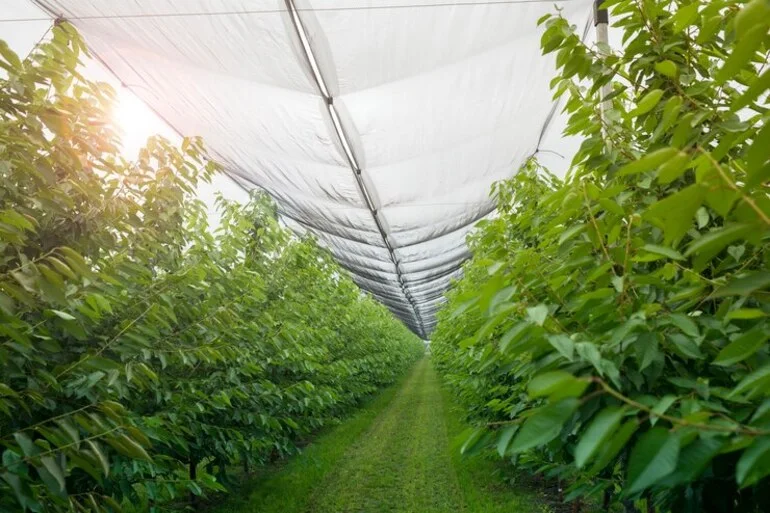What is the difference between vermiculture and vermi compost?

When exploring sustainable gardening or organic farming, it’s easy to confuse vermiculture and vermicompost. While both involve earthworms, their roles and goals are quite different. Understanding the difference between vermiculture and vermicompost can help you choose the right method for your garden’s needs, whether you’re aiming to enrich your soil or scale up your worm population. These eco-friendly practices not only improve soil health but also reduce household waste, making them a win-win for you and the environment.
What is Vermiculture?
Vermiculture is the science of breeding and growing earthworms. This method focuses on expanding worm populations for:
- Starting or scaling composting systems
- Selling worms for fishing, agriculture, or educational use
- Research or commercial production
Goal: Increase worm count by maintaining optimal reproductive conditions.
Ideal for: People wanting to start a vermicompost setup or sell worms.
What is Vermicomposting?
Vermicomposting is the process of converting organic waste into nutrient-rich compost using earthworms like red wigglers. Worms break down kitchen scraps and other biodegradable material into worm castings, also called vermicompost.
- Excellent for recycling kitchen and garden waste
- Boosts soil fertility and plant health
- Reduces the need for chemical fertilizers
Goal: Produce compost by keeping a dense population of worms.
Ideal for: Gardeners and farmers seeking sustainable soil enrichment.
Key Differences at a Glance
Aspect | Vermiculture | Vermicompost |
Purpose | Worm breeding & population growth | Compost production using worms |
Focus | Reproduction of worms | Waste breakdown into organic fertilizer |
Worm Density | Low (to promote reproduction) | High (for maximum compost output) |
Output | Earthworms | Nutrient-rich worm castings (manure) |
Application | Expansion of worm colonies | Enriching soil with organic matter |
Why Knowing the Difference Matters
Understanding the difference between vermiculture and vermicompost helps you:
Choose the right method based on your goal
Save time and resources by applying the right technique
Create a more effective and sustainable composting system
Whether you’re aiming to grow your worm population or nourish your garden soil, selecting the correct process ensures success.
How They Work Together
Vermiculture can support vermicomposting by supplying a steady population of healthy, active worms. Many composting operations begin with vermiculture to establish a strong worm base before scaling up compost production. In short, vermiculture is a part of the vermicomposting process, but both serve unique and complementary purposes.
Conclusion
- Choose vermiculture if you want to raise and multiply worms.
- Choose vermicompost if your aim is to recycle organic waste into natural fertilizer.
Both techniques support eco-friendly practices, but understanding the difference between vermiculture and vermicompost ensures you choose the right method for your needs. Whether you’re aiming for better soil health or sustainable waste management, making the right choice can lead to a greener, healthier garden and a healthier planet.

